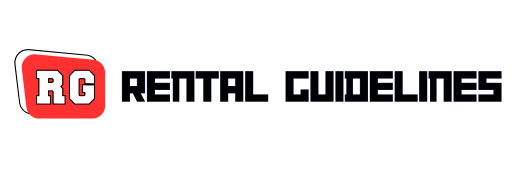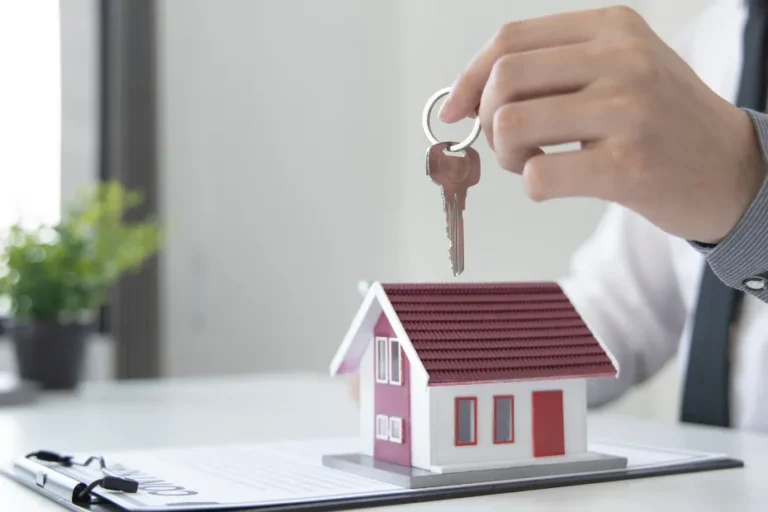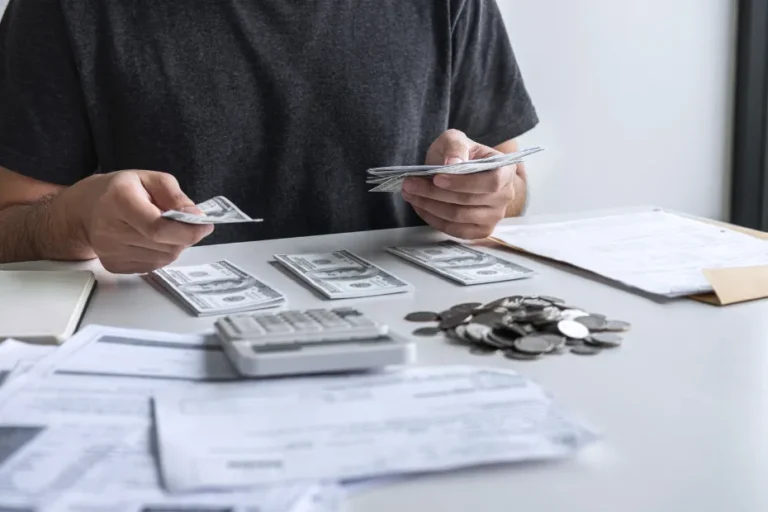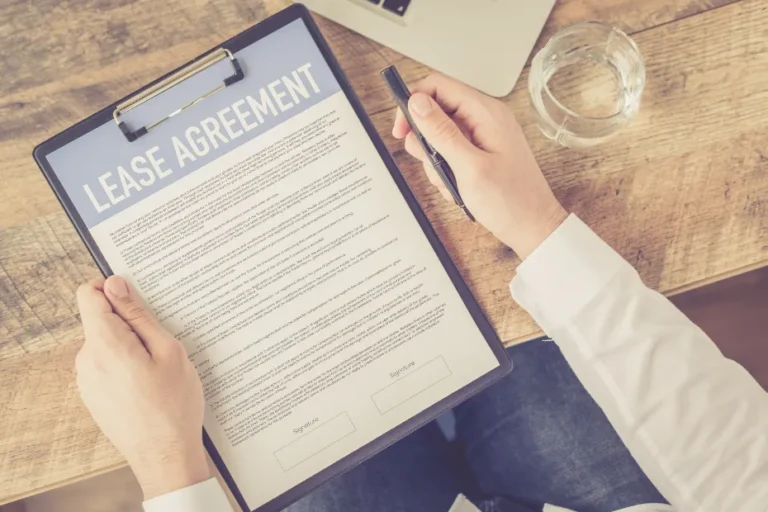13 Must-Know Tips for New Landlords
Here are 13 must-know tips for new landlords: treat your rental property like a business, find tenants online, consider hiring a property manager, set the right rent price, create and follow a tenant screening process, require a rental application, require renters insurance, require a credit and background check, regularly inspect your rental property and make repairs as needed, be proactive about preventive maintenance, vet and accept tenants carefully, terminate tenants if necessary, and understand the costs involved in property maintenance.
Whether you’re new to real estate or an experienced investor, these 13 must-know tips will help you navigate the challenges of being a landlord. From finding reliable tenants to setting the right rent price, managing your property effectively is crucial for your success.
We’ll explore key strategies for maximizing your rental income and maintaining a profitable investment property. By following these tips, you’ll be on your way to becoming a successful landlord in no time.

1. Setting Up Your Rental Property
When it comes to being a new landlord, setting up your rental property properly is crucial. This will not only attract potential tenants, but also ensure a smooth and successful renting experience. Here are three essential tips to help you get started:
1.1 Treat Your Rental Property Like A Business
One of the first things you should do as a new landlord is to treat your rental property like a business.
This means being organized, keeping detailed records, and setting clear expectations for both you and your tenants. By approaching your rental property with a professional mindset, you can establish a strong foundation for success.
1.2 Find Tenants Online
Gone are the days of relying solely on traditional advertising methods to find tenants. With the power of the internet, you can now reach a wider audience of potential renters by listing your property online.
Utilize popular rental listing websites and social media platforms to showcase your rental property and attract interested tenants.
1.3 Consider Hiring A Property Manager
Managing a rental property requires time, effort, and expertise. If you find yourself overwhelmed with the responsibilities of being a landlord, considering hiring a property manager.
A professional property manager can handle tasks such as tenant screenings, rent collections, property maintenance, and more, allowing you to focus on other aspects of your life or business.
Related Post: How Do I Screen Tenants for Rental Property? 7 Best Tips
2. Tenant Screening Process
One of the most important aspects of being a landlord is effectively screening your potential tenants.
Implementing a thorough tenant screening process helps you find reliable and responsible individuals who will take care of your property and pay their rent on time. Here are some must-know tips to ensure you set the right foundation in this crucial step:
2.1 Set The Right Rent Price
Setting the right rent price is essential for attracting quality tenants. Conduct market research to understand the rental rates in your area.
Compare similar properties and consider factors such as location, amenities, and condition of your property. Pricing your rental competitively ensures that you attract suitable applicants while maximizing your return on investment.
2.2 Create And Follow A Tenant Screening Process
A well-defined tenant screening process helps you stay organized and consistent while evaluating potential tenants.
Develop a step-by-step checklist that includes all the necessary criteria you require from applicants. This process allows you to compare applicants objectively and make informed decisions.
2.3 Require A Rental Application
Requiring a rental application is a necessary step to collect essential information from potential tenants. The application should include personal details, rental history, employment information, and references.
Be sure to review the application thoroughly and follow up with any additional questions to gain a comprehensive understanding of the applicant’s background.
2.4 Require Renters Insurance
Requiring renters insurance is a wise practice that protects both you and your tenants. Renters insurance provides liability coverage in case of accidents or damages caused by the tenant, as well as coverage for their personal belongings.
Make sure your rental agreement clearly states the requirement for renters insurance and specify the minimum coverage amount.
2.5 Require A Credit And Background Check
Performing a credit and background check is crucial in ensuring the financial stability and reliability of potential tenants.
A credit check reveals an applicant’s credit history, showing their track record of timely payments and any outstanding debts. A background check helps you uncover any criminal records or eviction history. This helps you make an informed decision and mitigates potential risks.
By implementing these tips for your tenant screening process, you can select tenants who are likely to be responsible, respectful, and compliant with your rental terms.
Taking the time to thoroughly vet applicants will save you from potential headaches and disputes down the line, ensuring a smooth and successful landlord-tenant relationship.
3. Maintaining Your Rental Property
Maintaining your rental property can be overwhelming for new landlords. Here are 13 must-know tips to help you succeed: treat your rental property like a business, find tenants online, set the right rent price, follow a tenant screening process, require renters insurance, and more. Stay proactive with regular inspections and repairs to minimize maintenance costs.
3.1 Regularly Inspect Your Rental Property
One of the most important aspects of maintaining your rental property is conducting regular inspections. By routinely inspecting your property, you can identify any potential issues before they become major problems.
Inspect both the interior and exterior of the property, checking for signs of damage or wear and tear. This includes checking for leaks, faulty electrical systems, plumbing issues, or any structural damage. Regular inspections allow you to address these issues promptly, ensuring the safety and comfort of your tenants.
3.2 Be Proactive About Preventive Maintenance
Preventive maintenance is key to minimizing future repair costs and ensuring the longevity of your rental property. Create a maintenance schedule and stick to it. This includes tasks such as regular cleaning, servicing appliances, replacing air filters, and conducting routine maintenance on HVAC systems.
By being proactive, you can identify and address potential problems before they escalate. Doing so not only keeps your property in top condition but also keeps your tenants satisfied and reduces the likelihood of emergencies.
3.3 Understand Maintenance Costs
It’s essential to have a clear understanding of the maintenance costs associated with your rental property. Budgeting for maintenance expenses allows you to plan ahead and avoid financial strains.
Understanding these costs means knowing the average costs for repairs, replacements, and general upkeep. This way, you won’t be caught off guard when unexpected maintenance issues arise.
Regularly review your budget and make adjustments as necessary. Being aware of the costs involved helps you ensure that your property remains well-maintained and profitable in the long run.
Frequently Asked Questions Of 13 Must-know Tips For New Landlords
Why Do Landlords Want You To Make 3 Times The Rent?
Landlords want tenants to make 3 times the rent to ensure they have enough income to cover other expenses like utilities, car payments, and food.
How Can I Be A Strong Landlord?
To be a strong landlord, follow these guidelines: 1. Treat your rental property like a business. 2. Find tenants online. 3. Consider hiring a property manager. 4. Set the right rent price. 5. Create and follow a tenant screening process. 6.
Require a rental application. 7. Require renters insurance. 8. Require a credit and background check. By following these tips, you can become a successful and respected landlord.
Is Landlord Tipping Real?
No, landlord tipping is not a common practice. It is not expected or required to tip your landlord.
How Do I Look Good To A Potential Landlord?
To look good to a potential landlord, follow these steps: 1. Be punctual and show up on time. 2. Dress professionally and presentably. 3. Communicate effectively and clearly. 4. Bring any necessary documents or paperwork. 5. Showcase responsible pet ownership if applicable.
Conclusion
These 13 must-know tips for new landlords will help you navigate the world of property management with confidence.
From setting the right rent price to creating a thorough tenant screening process, these tips will ensure that you are well-prepared to handle the responsibilities of being a landlord.
By treating your rental property like a business and being proactive about maintenance, you can create a positive rental experience for both you and your tenants.






